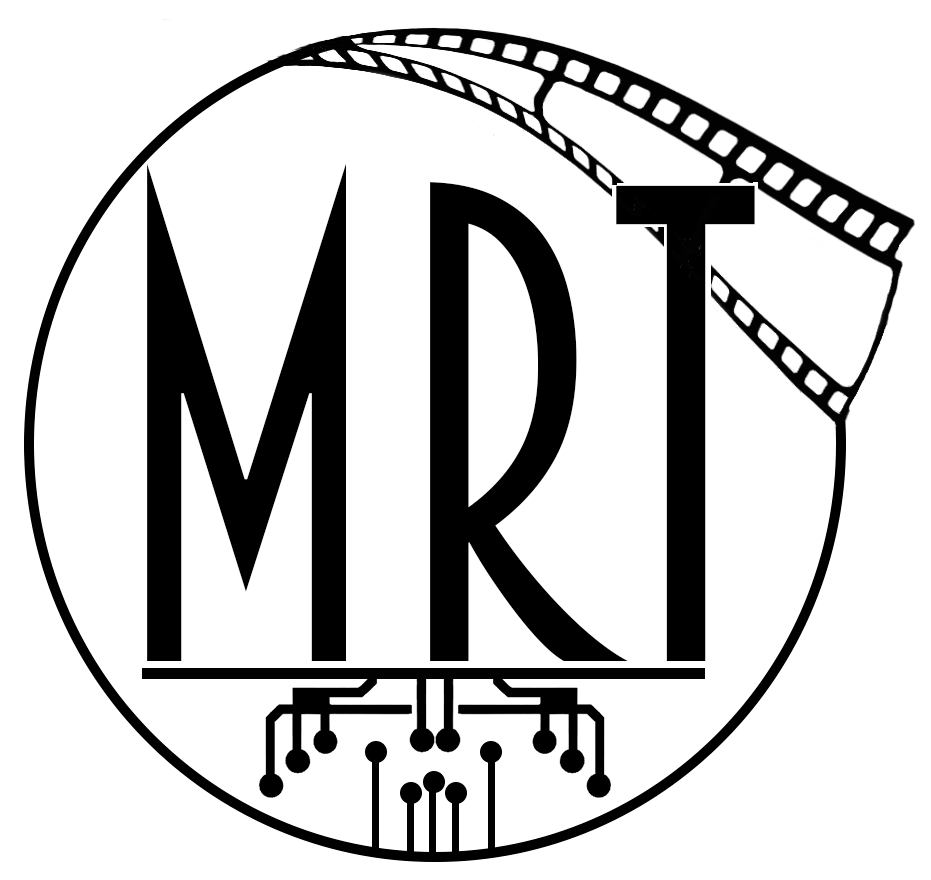
This will be my first blog post for the IPG. Since most of you won't know who I am, I'll give you a quick introduction. Professionally, I've been an IATSE union member, in the lighting department, since 2009. I also wrote/directed/produced seven short films, wrote twelve unproduced feature screenplays, co-wrote two other feature screenplays, and six unproduced pilots; I enjoy writing. I currently have a dark comedy feature film project in development, which I intend to produce. You can learn more about me at www.angrybearfilms.com.
My writing style is influenced by old fantasy novels I used to read, but also by my time working on set and through my own filmmaking efforts. I like my screenplays to be clear, entertaining, and complete. Some of you are probably going to disagree with my methods, which is fine, but I do have specific reasoning behind my madness. I'll let you judge for yourself what works best for you.
As a writer/director/producer, I'm very much aware of what it's like to work with cast and crew, and how the screenplay plays into that dynamic. I've never been an advocate of the “minimalist” philosophy of screenwriting. I agree, that you can't write a screenplay like a novel; taking three pages to describe a new location is overkill, and will make the script unworkable for production. That said, three sentences, by comparison, is usually too vague. I'm more of a three paragraph kind of guy. If you don't describe something important in the screenplay, it will either become forgotten, or you'll have cast and crew constantly asking you the same questions, over and over again. Best to have all important details, right there in the screenplay, for easy reference.
I've been criticized by other writers about adding style to my screenplays. Many of my peers don't see why I'd add wordplay and metaphors into action/description lines, if said wordplay won't eventually appear onscreen. My reasoning is, I like my cast and crew to be entertained while they read through the screenplay – which they have to read over and over again as part of their jobs. I personally don't like re-reading stale and boring text, so I'd assume the same for other people. I have a much easier time re-reading stylish and dynamic scripts. It also helps to write in a way that inspires the imagination of the readers/crewpeople, so they can feel inspired to formulate their own ideas for the project.
For me, as a storyteller, action scenes and slapstick comedy are really important. I enjoy creating moments that rely on action, visuals, and sound/music, and not just dialog driven fare. Creating these scenes, sequences, and moments, and maintaining the flow/tone, is hard to do if it's not written into the screenplay itself. In recent years, I've seen a reduction in physical/visual comedy in movies, as well as action scenes that don't fit nicely into their own stories. I believe an industry-wide obsession with “minimalist” writing is partially to blame for this. It's nice to have screenwriting rules as a guild, but taken too seriously, those “rules” can greatly limit the types of stories we're able to tell. If something needs to be in the screenplay, put it in the screenplay – if it ups the total page count of the script by five to ten pages, so be it.



Comments